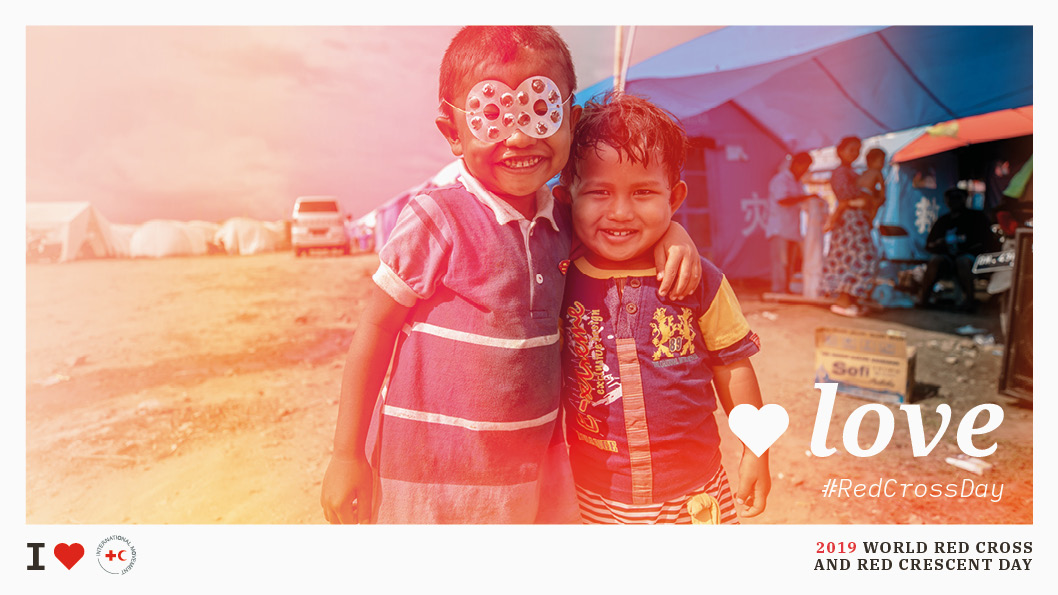May 8th marks the birthday anniversary of Henry Dunant who was at the origin of the International Red Cross and Red Crescent Movement. Each year, members of the International Movement organize various events on this occasion to commemorate the unique and vital role that this Movement plays to help affected people all across the world.
Henry Dunant, a Swiss merchant who was passing Solferino region in north Italy on a business trip in 1859, witnessed the agony and pain of thousands of wounded soldiers who were left unattended after the terrible battle of Solferino. Following this heartbreaking observation, he spent three days and nights together with local volunteers to provide care for the wounded soldiers. It was after this tragedy when the idea of establishing a neutral relief organization crossed his mind, following which the International Committee of the Red Cross (ICRC) and later the International Red Cross and Red Crescent Movement were born.
The International Movement of the Red Cross and Red Crescent is a worldwide humanitarian network with today 11.6 million volunteers and more than 450,000 staff members. This global network paves the ground for the activities of the Movement in more than 190 countries in the world.
The Movement is composed of three main pillars, namely the International Committee of the Red Cross (ICRC), the International Federation of Red Cross and Red Crescent Societies (IFRC) and around 190 Red Cross and Red Crescent national societies.
The ICRC, working nowadays mainly on the basis of the Geneva Conventions of 1949 and their additional protocols, provides its services in times of armed conflict to support and protect the victims of armed conflicts.
The National Red Cross or Red Crescent Society of each country responds to people’s need in times of crises and natural disasters. One of the main responsibilities of the IFRC is to coordinate between the national societies throughout the world.
These three main pillars together form the Movement, an entity that in times of armed conflicts and other situations of violence, or of natural disasters, come forward to help millions of affected people.
The Movement, with a history of 150 years of humanitarian action, is committed to provide humanitarian services to vulnerable people in a neutral, impartial and independent manner.
Members of the Movement render their humanitarian services to the people in need on the basis of the seven fundamental principles of humanity, impartiality, neutrality, independence, voluntary service, unity and universality.
In Iran, the ICRC is currently cooperating with its main partner, the Iranian Red Crescent Society (IRCS), in a variety of fields such as health, physical rehabilitation, mine risk education (MRE), restoring family links (RFL), promotion of the rules and law of armed conflict (also called International Humanitarian Law), logistics and communications.
The ICRC is also cooperating with Iranian organizations and entities in other areas, such as dealing with unresolved cases of the Iran-Iraq war of 1980-1988 in a bid to clarify the fate of the missing in action and to repatriate human remains.



Comments